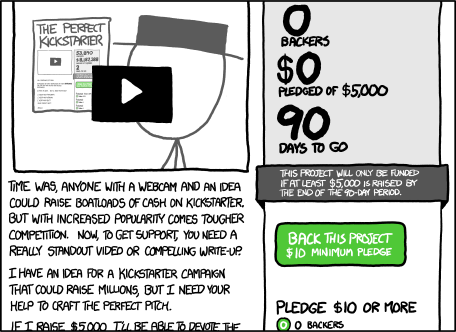I spent today at another fascinating conference. Today it was the British Library's 'taking a long view on the impact of the social sciences'. For anyone not familiar with SAGE, social science is the backbone of our company and key to our mission, so immersing myself in the debates both last week and this has been fantastic.
Ordinarily I don't get out of the office all that often, but whenever I do I am strongly reminded of how important events like this are, and how valuable face to face dialogue remains even in a digital age. Building relationships is such an important part of PR, and it really is important to use the limited time we get for face to face engagement effectively.
I've blogged a little before tangentially about conferences, but tonight it felt appropriate to reflect back on making the most of the in-person event, including where and when to incorporate online tools. It should be noted that these are just my views: other tips and tricks are of course plentiful, and comments are welcomed.
- Get a delegate list. Obvious, but it helps so much to have had a chance to digest who is going to be attending the event with you. More often than not I'll set up a spreadsheet to examine the whole delegate list, googling names I think I know but can't remember where from, or to add background information for people I want to pick up a conversation with. Additionally it is a great way to ensure that (as the PR Manager for my company) I've prepared an adequate brief for anyone else from my senior team that might be participating. Pulling out the key influencers makes sure they make good use of their time away from the office.
- Check what the social media landscape is for the conference beforehand. More often than not, a conference will have an established #tag set up for the event a while before it takes place, or set up a Facebook or LinkedIn group, allowing for additional networking before delegates even arrive. See point 1), then use point 2) to really maximise the networking opportunities that this presents: you can see what people are planning to talk about, arrange to meet up with like-minded delegates, or even get questions in ahead of getting into a session.
- Network! Let's be frank, I HATE networking. As an introvert, the prospect of making small talk makes my insides turn over. But it's a necessary part of my job and one that anyone that wants to work at a more senior level in PR must be able to do. So my tips on doing this well? Well tips 1) and 2) are really excellent contributors to this! Again, as an introvert, having a text-based conversation, where I feel more at ease with myself, makes it possible to avoid that awkward "umm..hi!" and cuts straight to the "so I totally agree with that blog post you wrote last night." Also it never hurts to be up to speed on relevant industry headlines and issues, so you can join in with the discussion without fumbling for a point of view. Trust me if you're an extrovert and find that these sorts of things come naturally: for an introvert, being put on the spot really is painful. Other tips? I have to say I've found it much easier with practice than when I was younger: it's now less traumatic to just go up to a group and say "Hi can I join you?" Generally people are nice, and receptive to an introduction. I've met some really interesting and useful contacts this way that have often been unexpected. What also works well is listening out for the people who ask interesting questions in a particular session, mentally recording what they look like, then finding a way to chat to those attendees during a break or by finding them during another session. And the last networking tip merits a point all of its own:
- Plug into the digital conversation. I blogged recently about my own particular Twitter issues, but as I mentioned in that post, engaging in the conference back channel discussion on Twitter really is valuable. With relation to point 3), you get to meet a huge range of delegates and hear their views before you've had a chance to physically engage with them. As above that further reduces the need for small talk and ensures you can immediately have some great conversations with those people when you do meet face to face. Beyond networking, I also find the Twitter back channel a great way of re-emphasising the most important nuggets from a conference: it distills the sessions in a way that can trigger your memory after the event too, with tools like Storify and archiving tools collating the tweets into permanent conference notes.
- Swap contacts. Old school style: swap your business card. Digital style: follow your new contacts on Twitter, connect to them on LinkedIn or other networks, or super techy maybe you can bump them. Whichever method you choose, don't let the link go cold: get in touch as soon as you can after the conference ends. Which reminds me: after four days out I've got some jobs to do...





